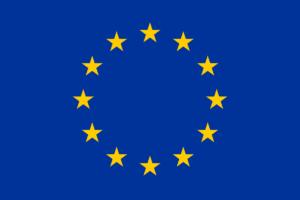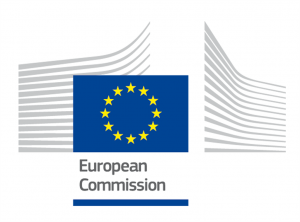About
The project is a Research and Innovation Action, its funding originates from the H2020-EU.3.7.5. – Increase Europe’s resilience to crises and disasters budget line, topic : SU-DRS04-2019-2020 – Chemical, biological, radiological and nuclear (CBRN) cluster.
HoloZcan is an European project that aims to bring a new tool for security actors (police, relief workers, disaster managers, crisis managers, stakeholders responsible for public safety, critical infrastructure and service providers), notably in the fields of autonomous detection and response capabilities.
The project will increase bio-aerosol sensing and measurement capability of chemical, biological, radiological and nuclear (CBRN) practitioners by developing a high resolution, large throughput, automatic and highly portable detection system for making automatic classification of pathogens and particles.
HoloZcan develops a novel holographic microscopy and imaging technology for rapid and cost-efficient screening of potential biological threats and unknown, potentially dangerous substances, combined with methods of artificial intelligence and machine learning.
The project responds to the current needs of European CBRN practitioners and to the technological gaps identified by the ENCIRCLE project, and addresses several shortcomings of the current approaches to bio-threat agent detection.
The CRBIP and INVOLvE will provide expertise in microbiology in order to support the consortium in the database building and system configurations, and will help in the setting up of protocols for human sampling and sample management.
Project Closure (October 2024):
CRBIP and INVOLvE jointly contributed to the HoloZcan project by providing biological reference materials and human biospecimens essential for system testing and validation. CRBIP supplied authenticated microbial reference materials (RM), fully characterized by WGS and MALDI-TOF MS, and implemented the production of RM under ISO 17034 standards. INVOLvE led the clinical investigations, managing human sample collection and clinical protocols. The teams established and applied procedures for sample acquisiton and preparation, image acquisition, and prototype evaluation, including proof-of-concept studies using Exhaled Breath Condensate (EBC) from healthy and SARS-CoV-2–infected donors collected for the first time at Institut Pasteur under the protocol CoVariant. Their collaboration highlights the vital role of biobanks and clinical research in supporting the development and validation of innovative biodetection technologies like HoloZcan.
For more information please visit:
https://cordis.europa.eu/project/id/101021723
This project has received funding from the European UNion’s Horizon 2020 research and innovation programme, under grant agreement No 101021723












